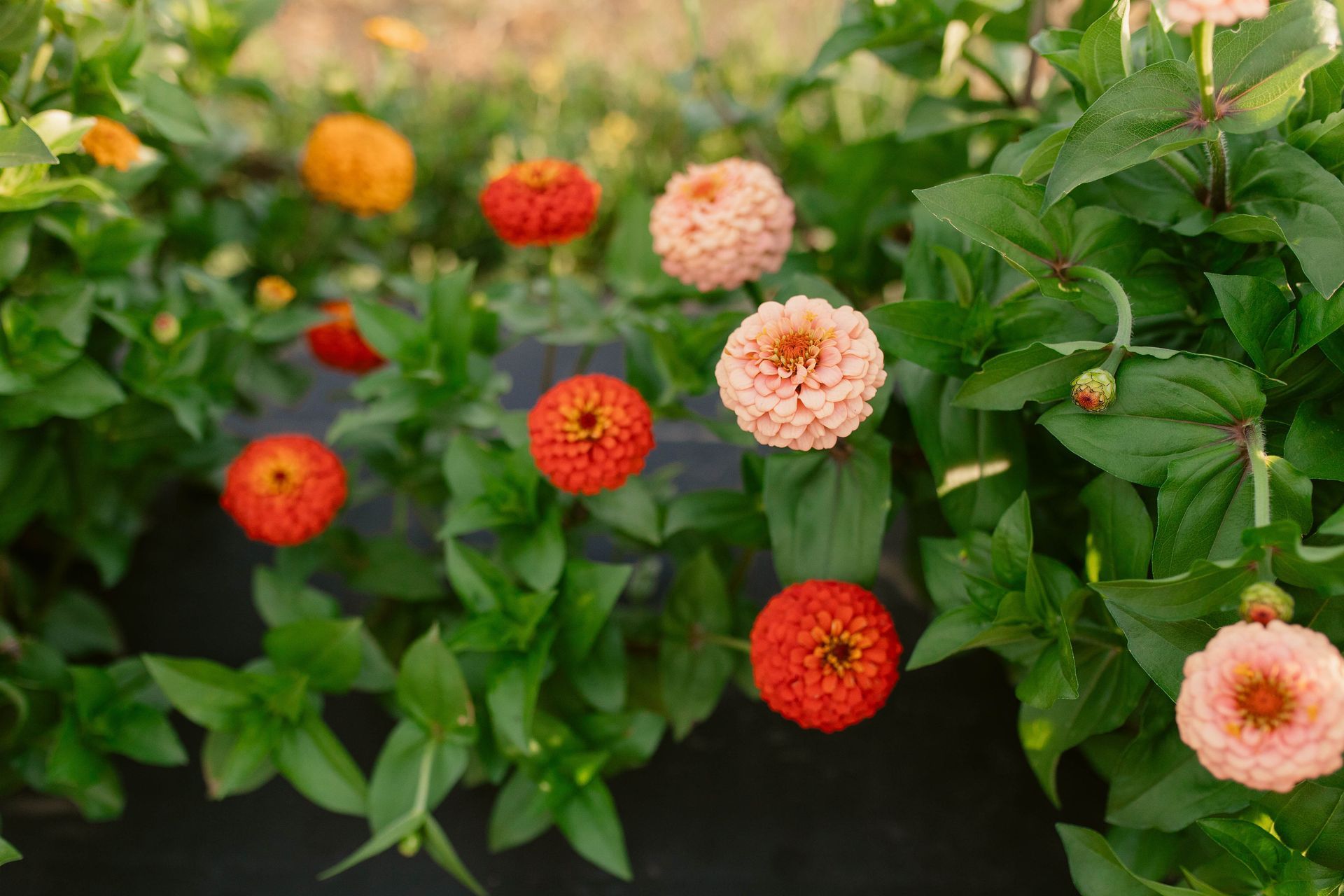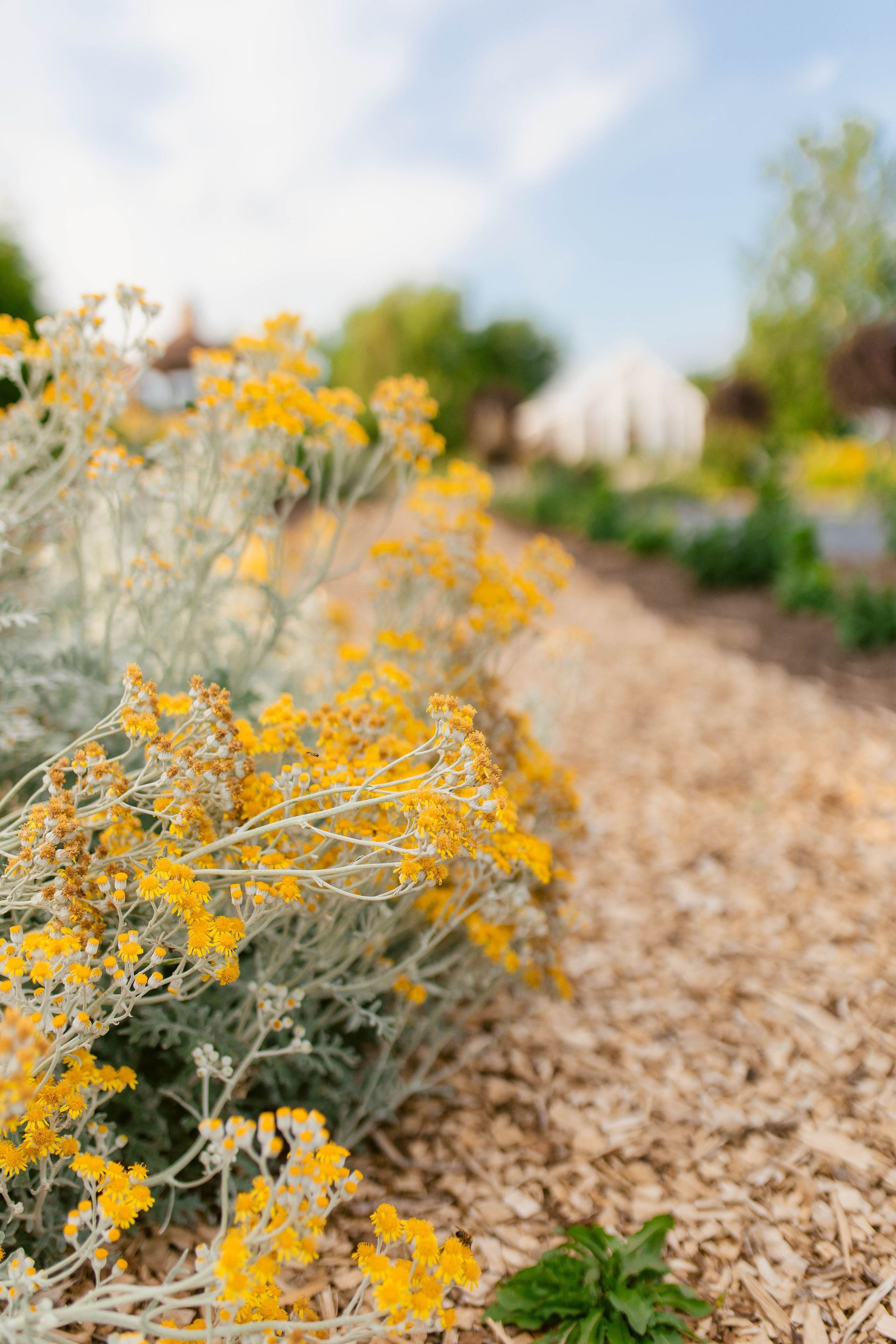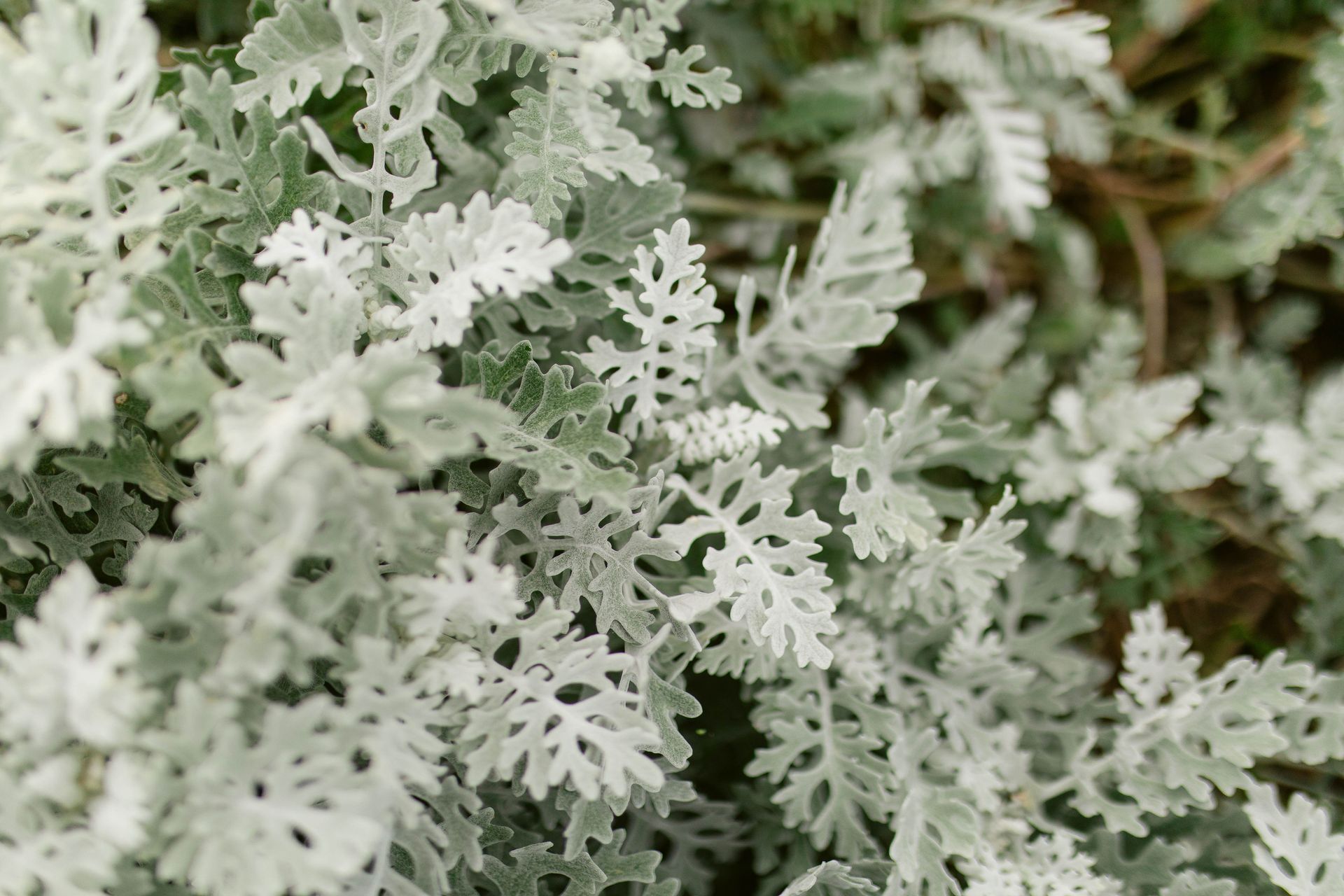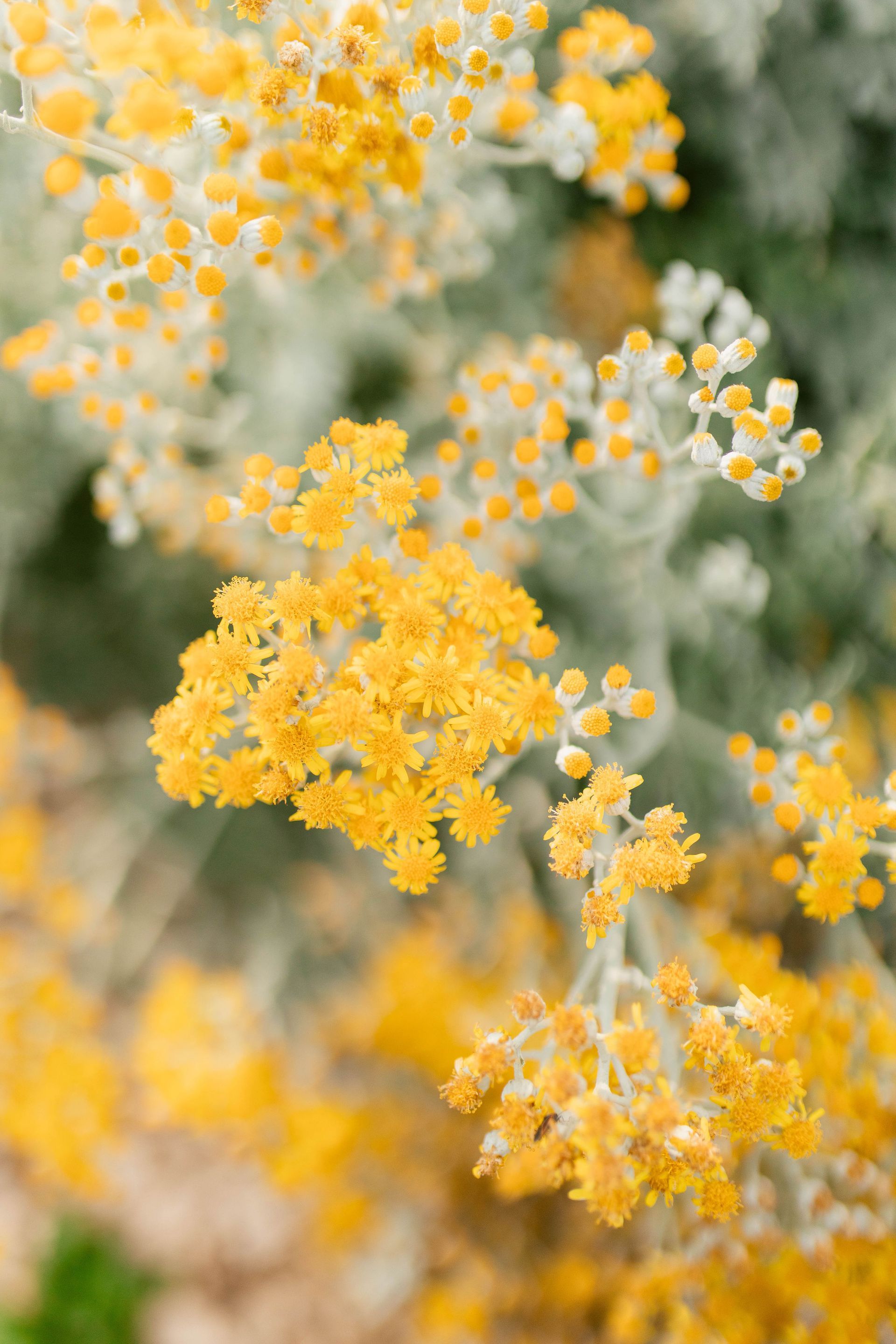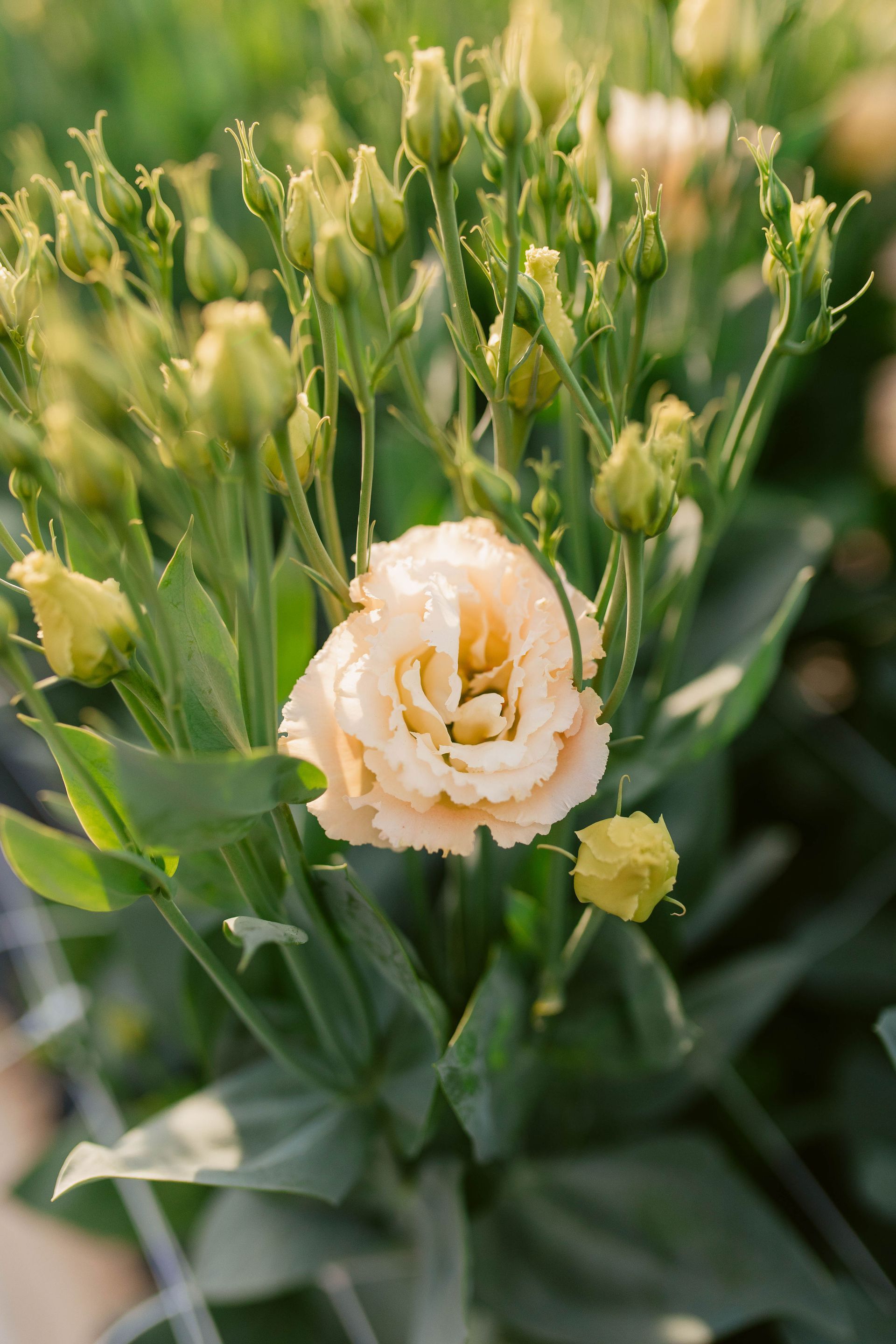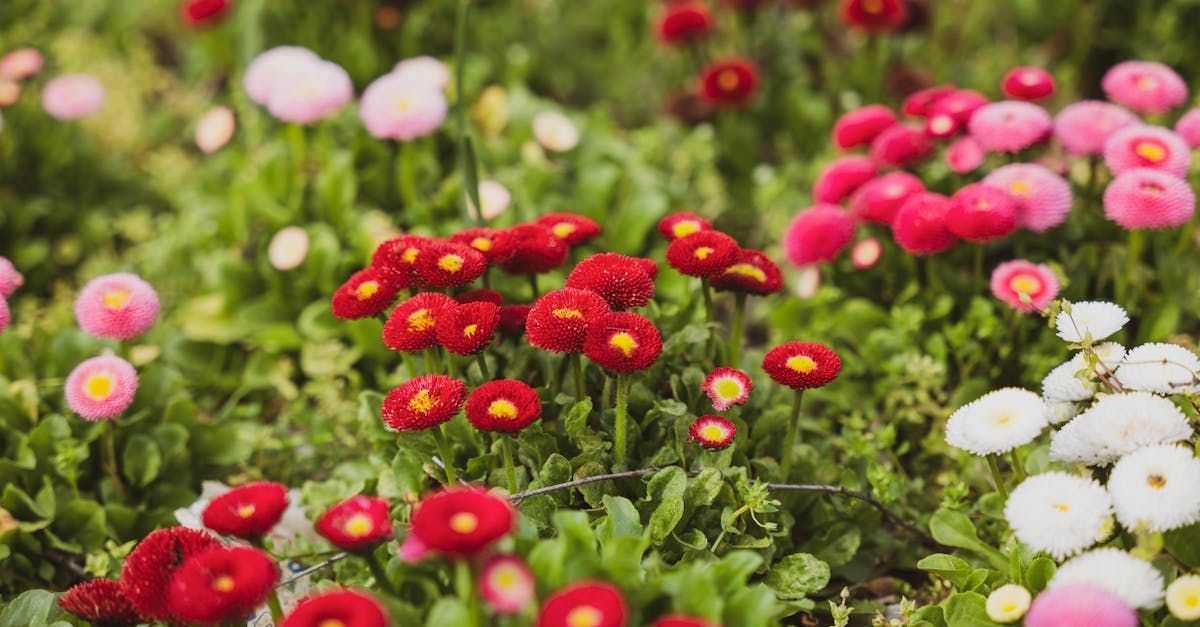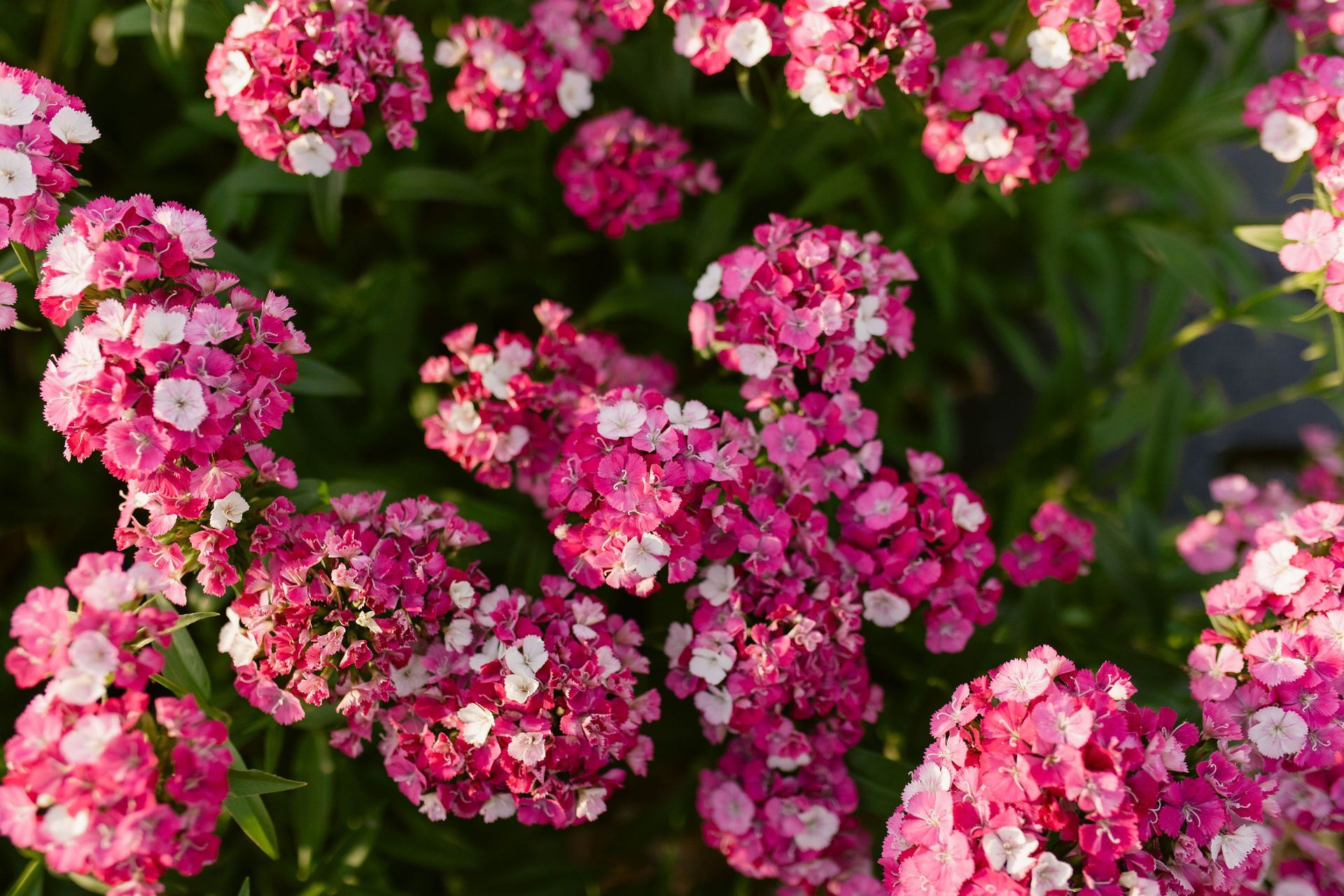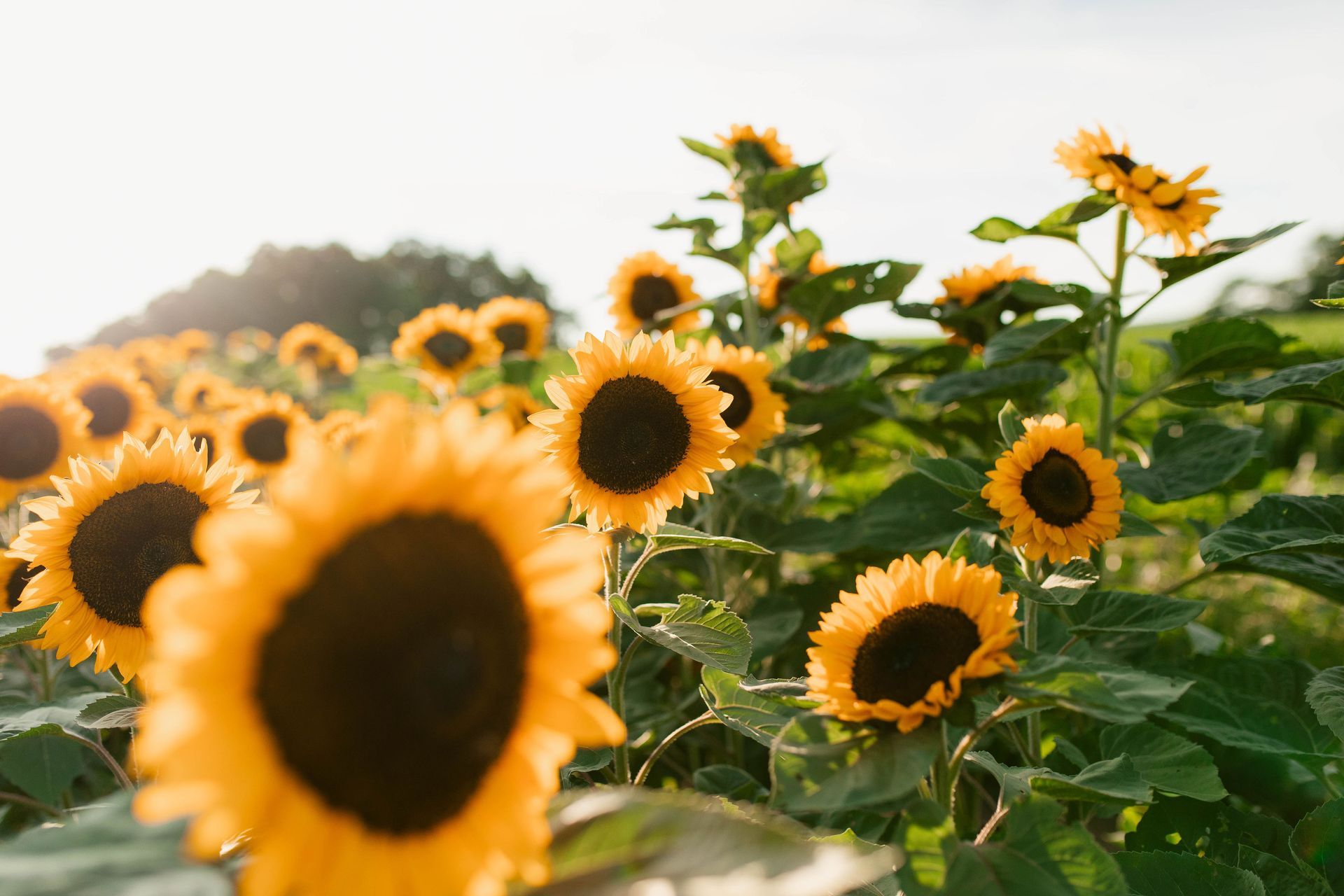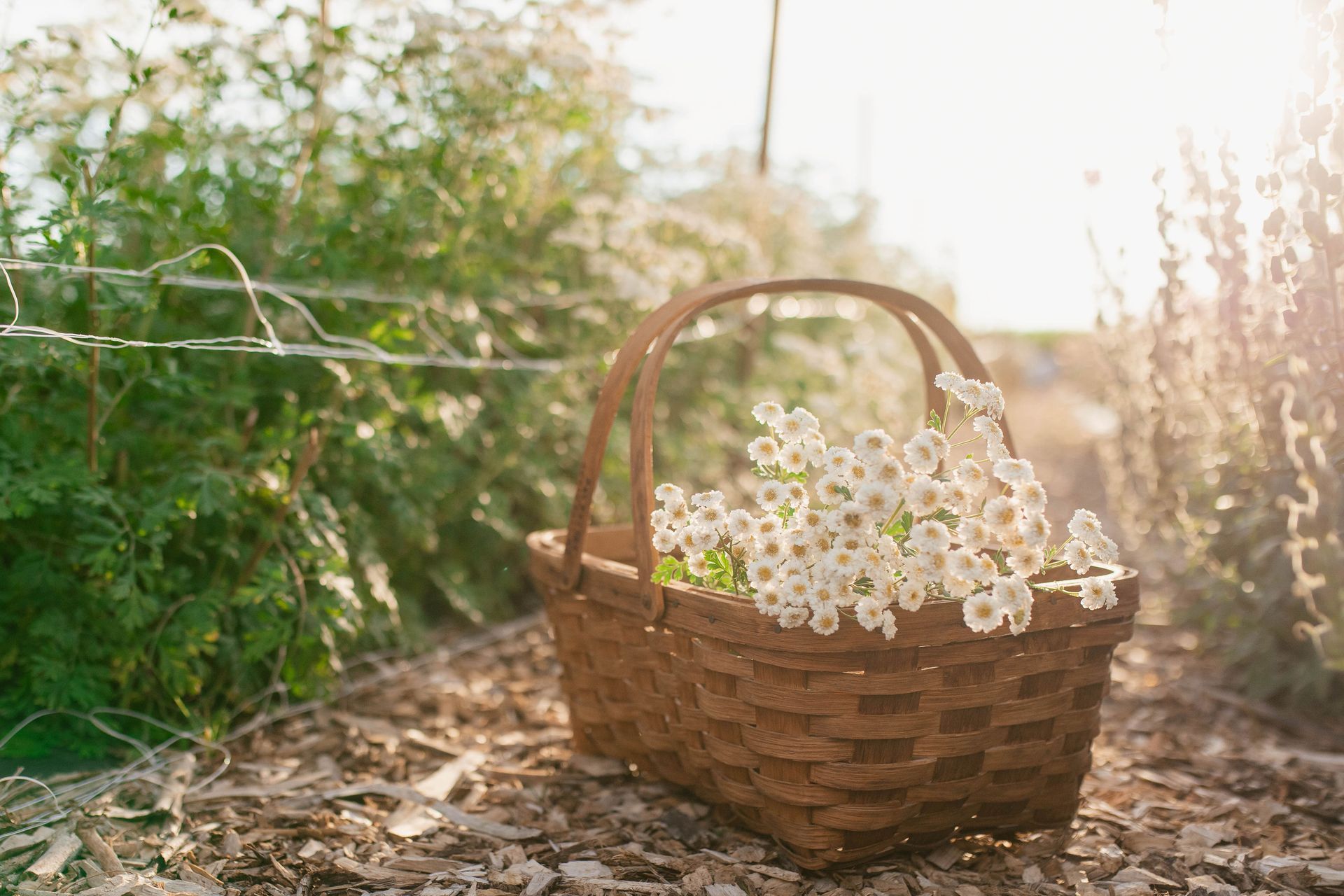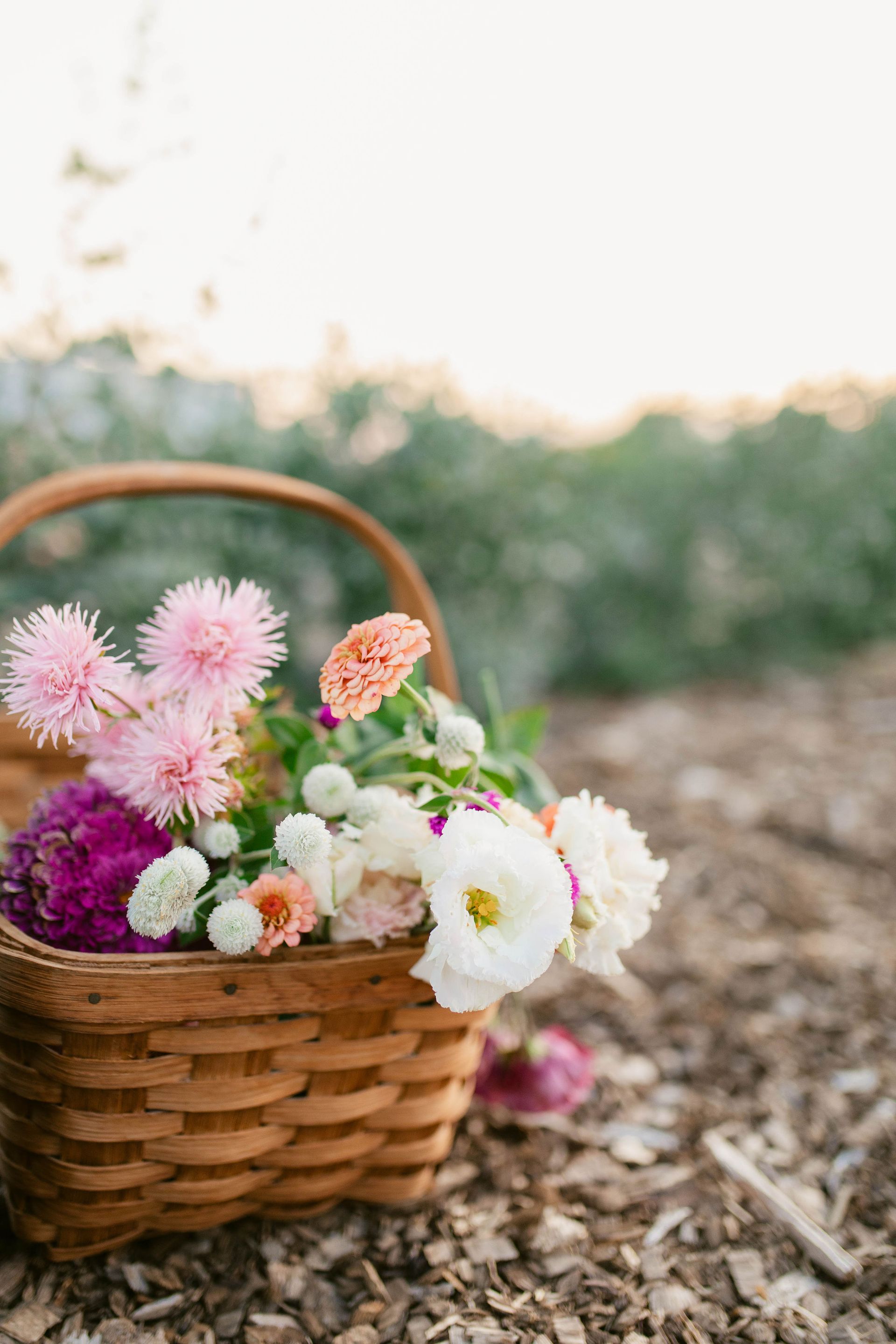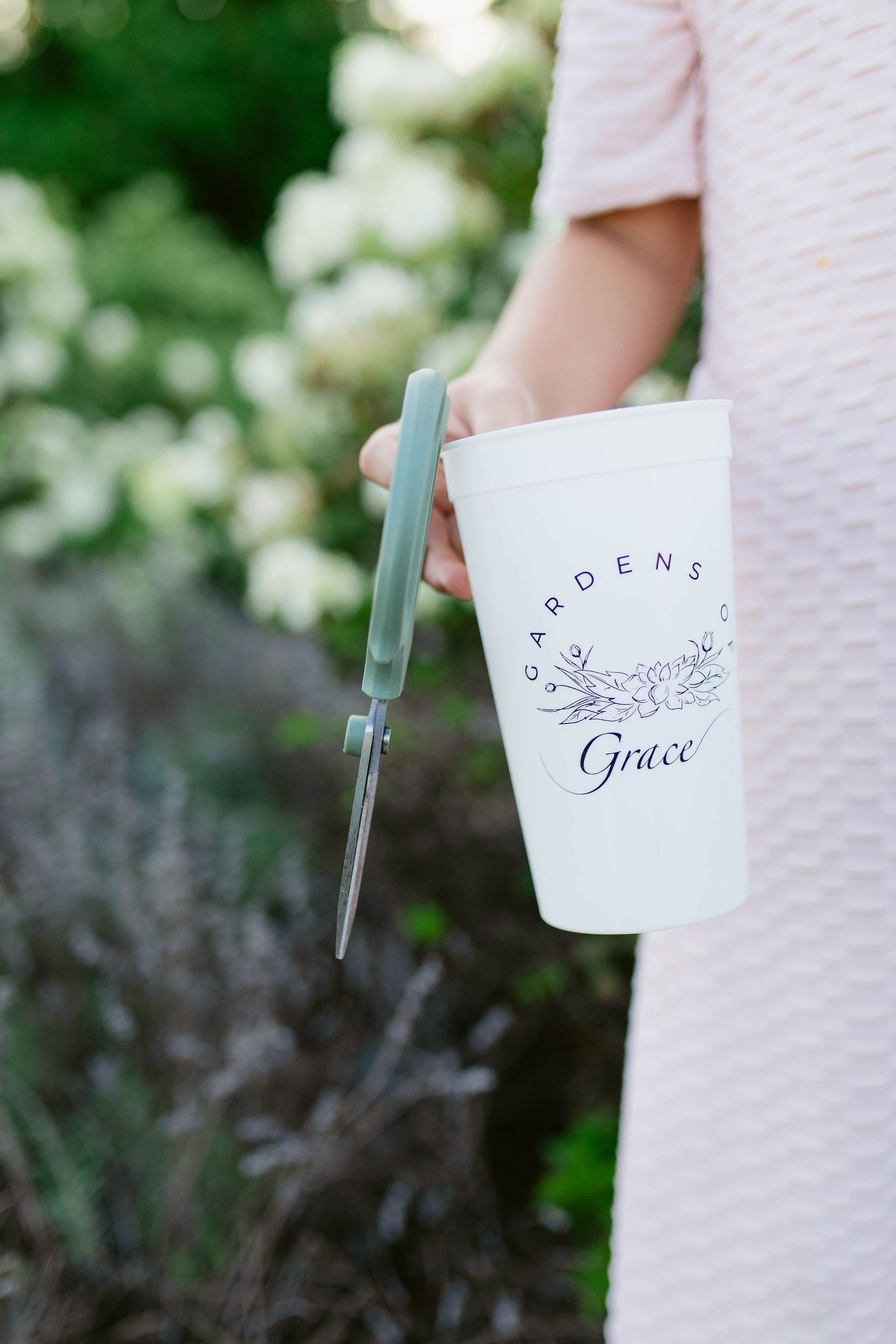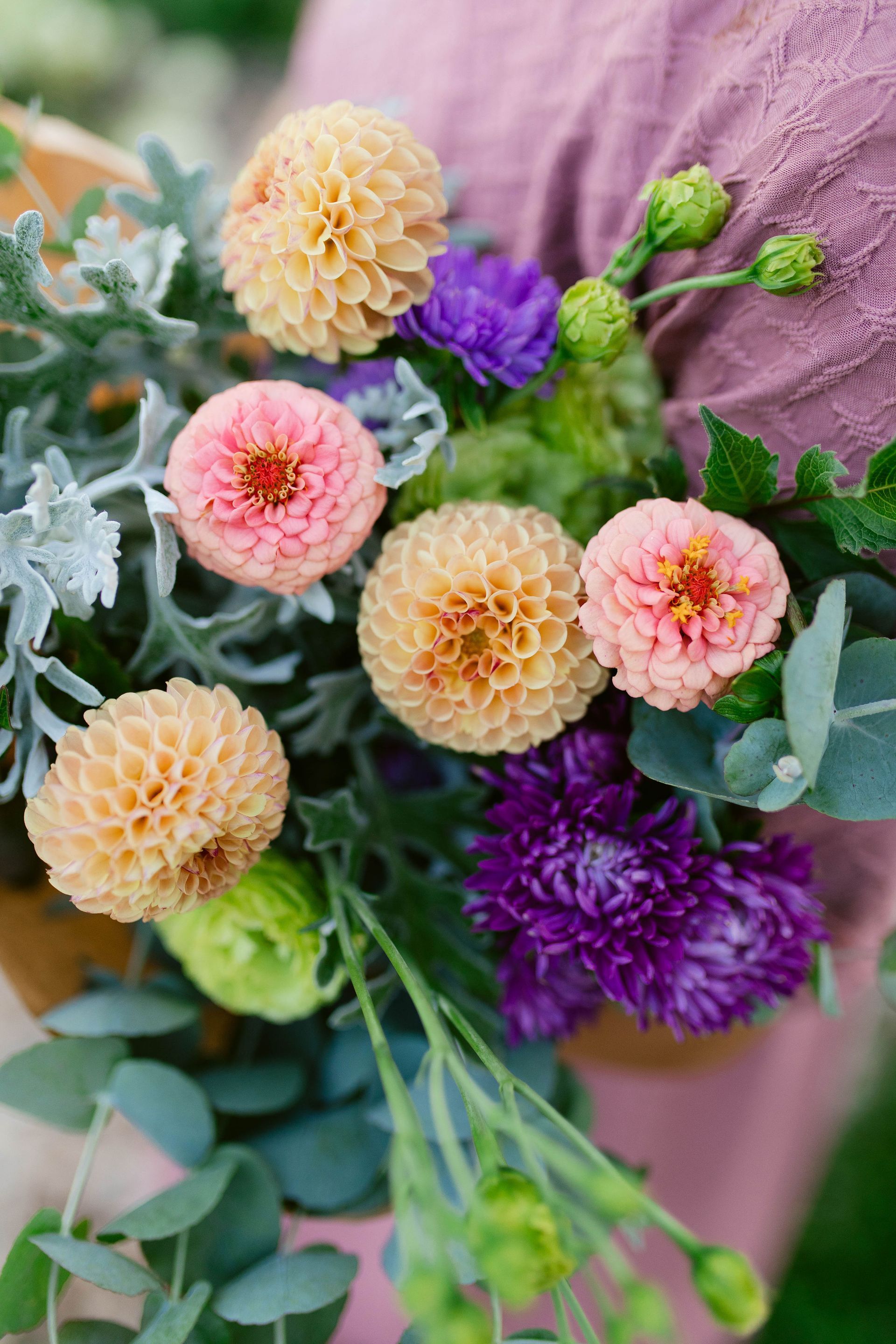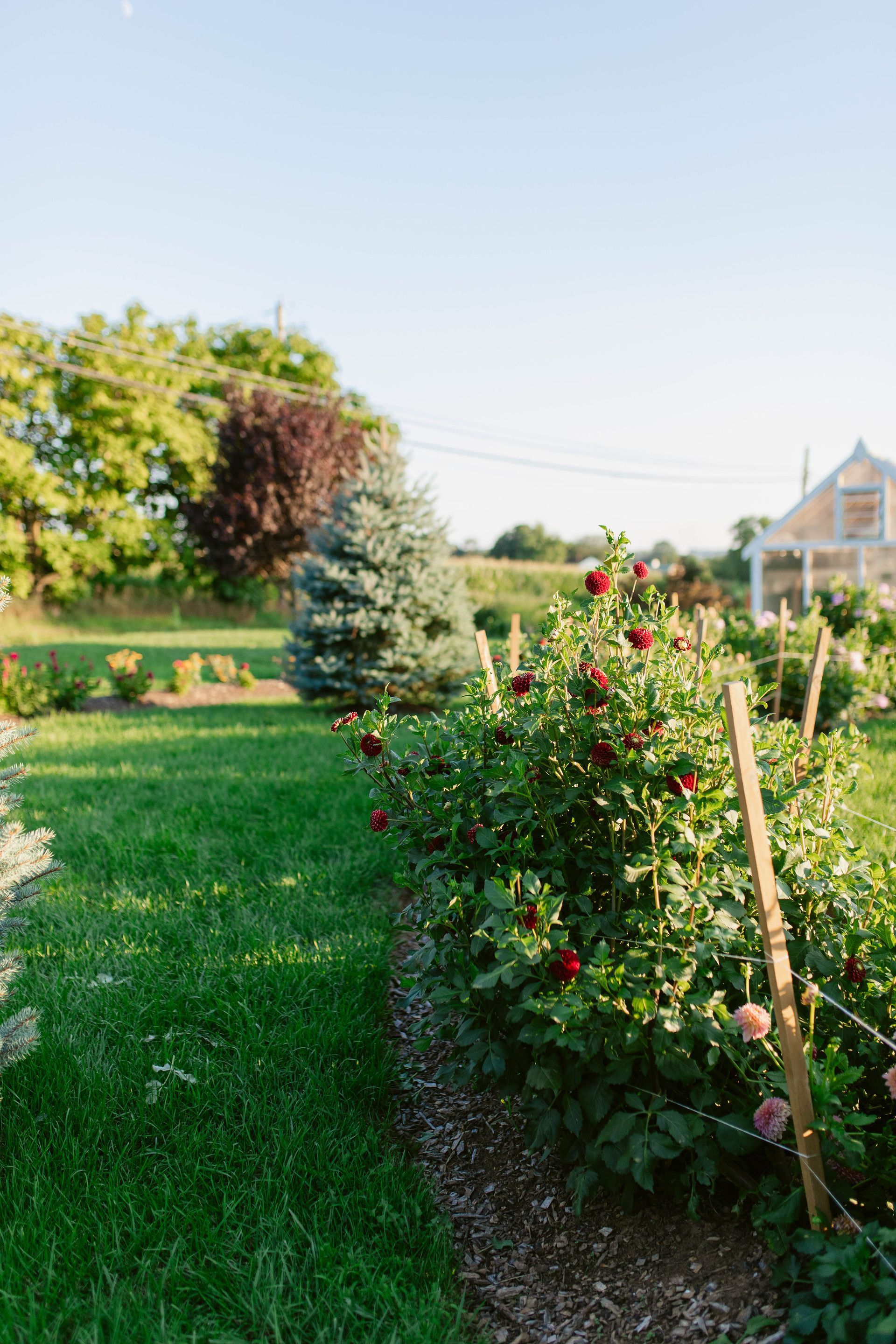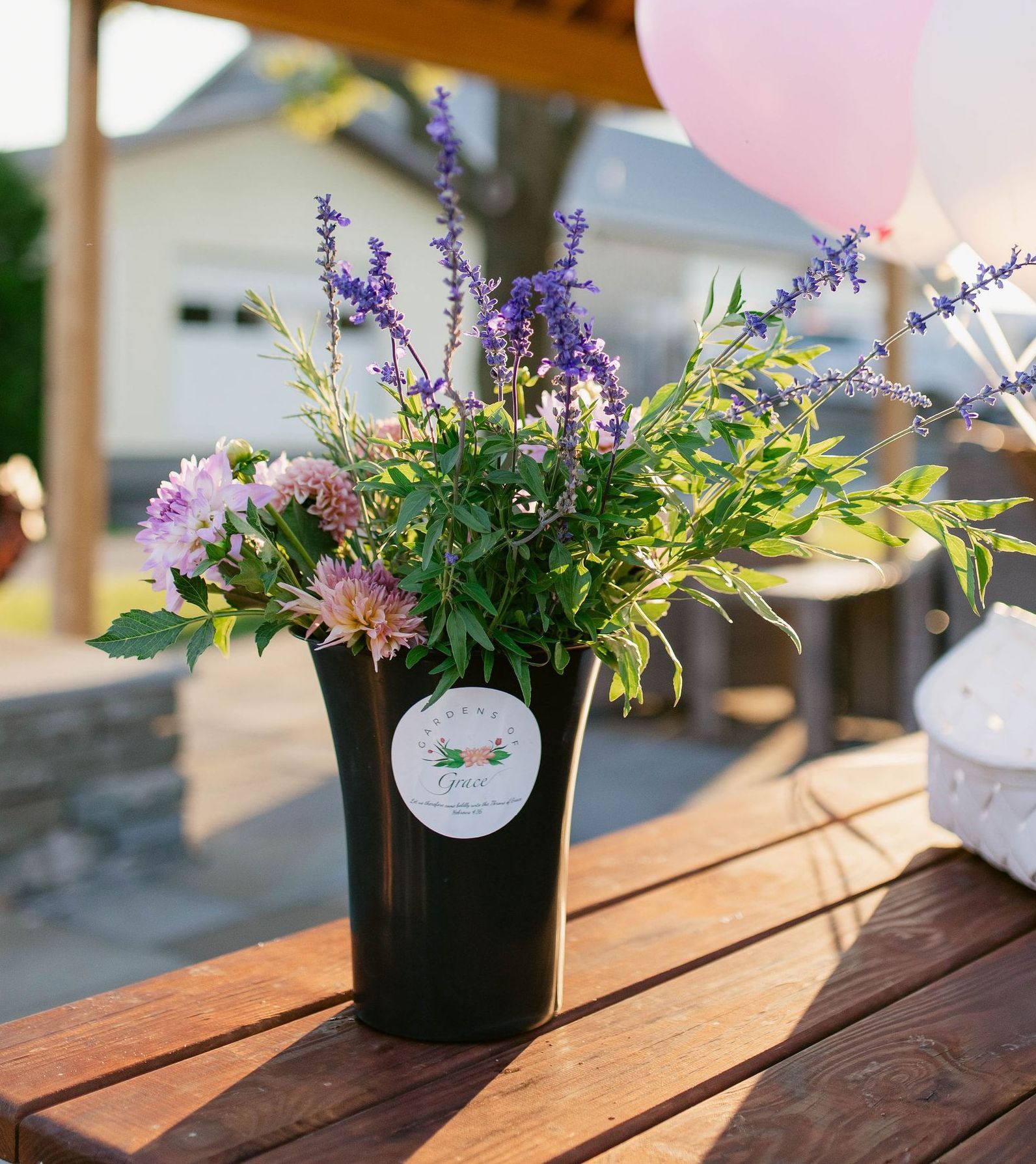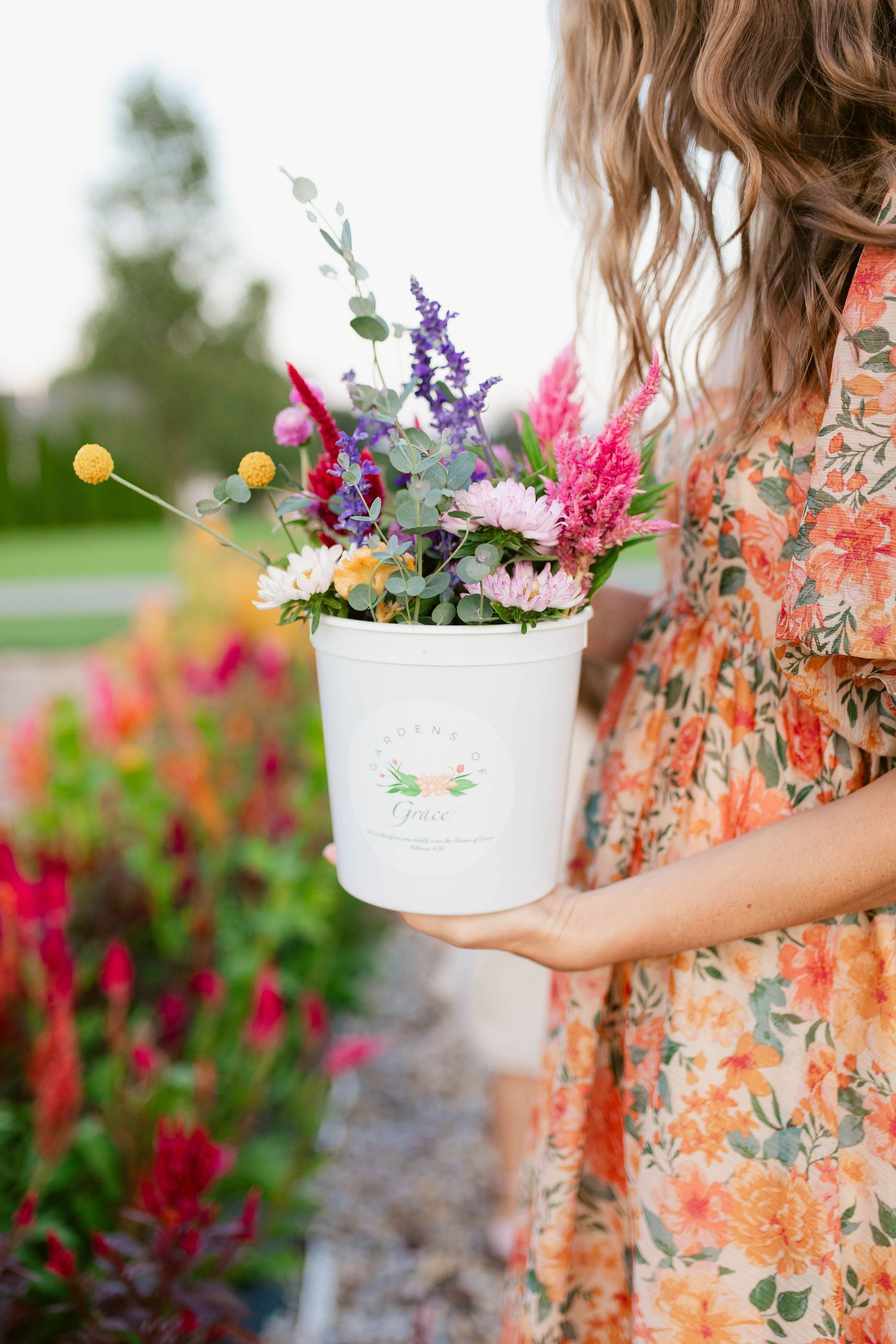Organic Gardening for Beginners
Getting Started in your Gardening journey
Gardening is not only a great way to relax and create a peaceful, beautiful home but also a rewarding activity that allows you to grow your own fresh produce. If you’re just starting out on your gardening journey, you might want to consider organic gardening. Organic gardening is a natural and sustainable approach to growing plants without the use of synthetic chemicals. We’re just starting to understand how long-term use of these synthetic pesticides herbicides and insecticides affects our health. In our opinion, it’s better to be safe than sorry when it comes to ingesting these chemical concoctions every single day, over the course of a lifetime.
In this article, we will explore the world of organic gardening and provide beginners with helpful tips and techniques to get started. In the coming months, we’re going to use this article as a springboard to explore more in-depth, each one of these subheadings within the article…. let’s get started!
Benefits of Organic Gardening
Health Benefits
One of the significant advantages of organic gardening is the positive impact it has on your health. By avoiding synthetic pesticides and fertilizers, you can reduce your exposure to harmful chemicals. This can help protect your family and the environment from potential health risks associated with conventional gardening methods.
Environmental Benefits
Organic gardening is also beneficial for the environment. Synthetic chemicals used in conventional gardening can find their way into the soil, water sources, and even the food we consume. Organic gardening promotes biodiversity and supports the overall health of ecosystems by using natural methods to nourish and protect plants.
Cost Savings
Contrary to popular belief, organic gardening can be cost-effective in the long run. While organic products may have slightly higher upfront costs, you can save money on synthetic fertilizers and pesticides. Additionally, growing your own organic produce can significantly reduce your grocery bills.
Prepping Your garden
Choosing the Right Location
Before you begin your organic gardening journey, it’s essential to select the right location for your garden. Choose an area that receives adequate sunlight and has well-draining soil. If you don’t have a backyard, you can opt for container gardening or explore community gardening options in your area.
Preparing the Soil
Healthy soil is the foundation of a thriving organic garden. Start by removing any weeds and loosening the soil with a garden fork or tiller. Adding organic matter, such as compost or well-rotted manure, can improve soil fertility and structure.
Selecting Organic Seeds and Seedlings
When starting an organic garden, it’s crucial to choose organic seeds and seedlings. Organic seeds are not genetically modified and have not been treated with synthetic chemicals. Look for certified organic options from reputable seed suppliers or consider saving seeds from your own organic produce.
Organic Pest Control
Companion Planting
Companion planting is a natural and effective way to control pests in your organic garden. Certain plants have natural pest-repellent properties or attract beneficial insects that prey on garden pests. For example, planting marigolds near your tomatoes can help deter aphids.
Natural Pest Repellents
There are various natural pest repellents you can use to protect your organic garden. Some common options include neem oil, garlic spray, and insecticidal soap. These natural alternatives are less harmful to beneficial insects and can help control pests without resorting to synthetic chemicals.
Beneficial Insects
Encouraging beneficial insects, such as ladybugs and lacewings, can help control pests naturally. These insects feed on garden pests, reducing the need for chemical interventions. Creating a diverse and insect-friendly garden environment can attract these helpful allies.
Organic Fertilizers and Composting
Composting Basics
Composting is a key component of organic gardening. It involves recycling kitchen scraps, yard waste, and other organic materials to create nutrient-rich compost. Compost improves soil fertility, enhances moisture retention, and promotes healthy plant growth. Start a compost pile or consider using a compost bin to accelerate the decomposition process.
Using Organic Fertilizers
In addition to compost, there are various organic fertilizers available for your garden. Examples include seaweed extract, bone meal, and fish emulsion. These natural fertilizers provide essential nutrients to plants, supporting their growth and overall health.
Maintaining an Organic Garden
Watering and Irrigation
Proper watering is essential for maintaining a healthy organic garden. Water your plants deeply and infrequently to encourage deep root growth. Mulching around plants can help conserve moisture and reduce weed growth. Consider using rainwater or installing a drip irrigation system for efficient watering.
Weed Control
Weeds can compete with your plants for resources, so it’s important to control them in an organic garden. Hand-weeding and mulching are effective methods to suppress weed growth. Mulch also helps conserve soil moisture and improves soil structure as it decomposes.
Mulching
Mulching is a practice that involves applying a layer of organic material, such as straw or wood chips, to the soil surface. Mulch helps regulate soil temperature, suppress weed growth, and conserve moisture. It also adds organic matter to the soil as it breaks down over time.
Harvesting and Storing Organic Produce
Knowing When to Harvest
Knowing when to harvest your organic produce is crucial to ensure optimal flavor and nutrition. Each plant has specific signs to indicate readiness for harvest. For example, tomatoes should be fully colored and slightly soft when gently squeezed. Consult seed packets or gardening resources for guidance on harvesting different crops.
Proper Storage Techniques
To maximize the shelf life and quality of your organic produce, it’s important to store it correctly. Some fruits and vegetables should be stored in a cool, dark place, while others require refrigeration. Remove any damaged or spoiled produce from storage to prevent the spread of mold or decay.
PICK YOUR OWN FLOWERS IN LANCASTER, PA
We hope that was a good general outline and starting point for understanding organic gardening and how to proceed! If you’d like to come out to our organic farm and see some of these practices in action – and not to mention pick your own flowers, we’d love to have you! We provide the scissors and the vase; just bring yourself and your friends or family!
Picking your own flowers in beautiful Lancaster, PA is a heavenly experience! To learn more about our flowers and cut-your-own experience,
click here.
Share this Post
PICK YOUR OWN FLOWERS & MORE
Find us at 160 Cambridge Road, Gap PA, just 6 miles from Kitchen Kettle Village

Flower Shop
Our flower shop is open Wednesday-Saturday from 8am - 8pm, and by appointment on Mon-Tues.

Cut Your Own Flowers
Plan a day-trip to our flower farm in beautiful Lancaster County, PA. Cut your own flowers anytime during our regular flower shop hours or call to make an appointment. Photographers welcome!
Learn More

Wholesale Flower Supply
If you are looking for wholesale flowers for your small business
contact us
to learn more about a potential partnership.
More from the Journal
